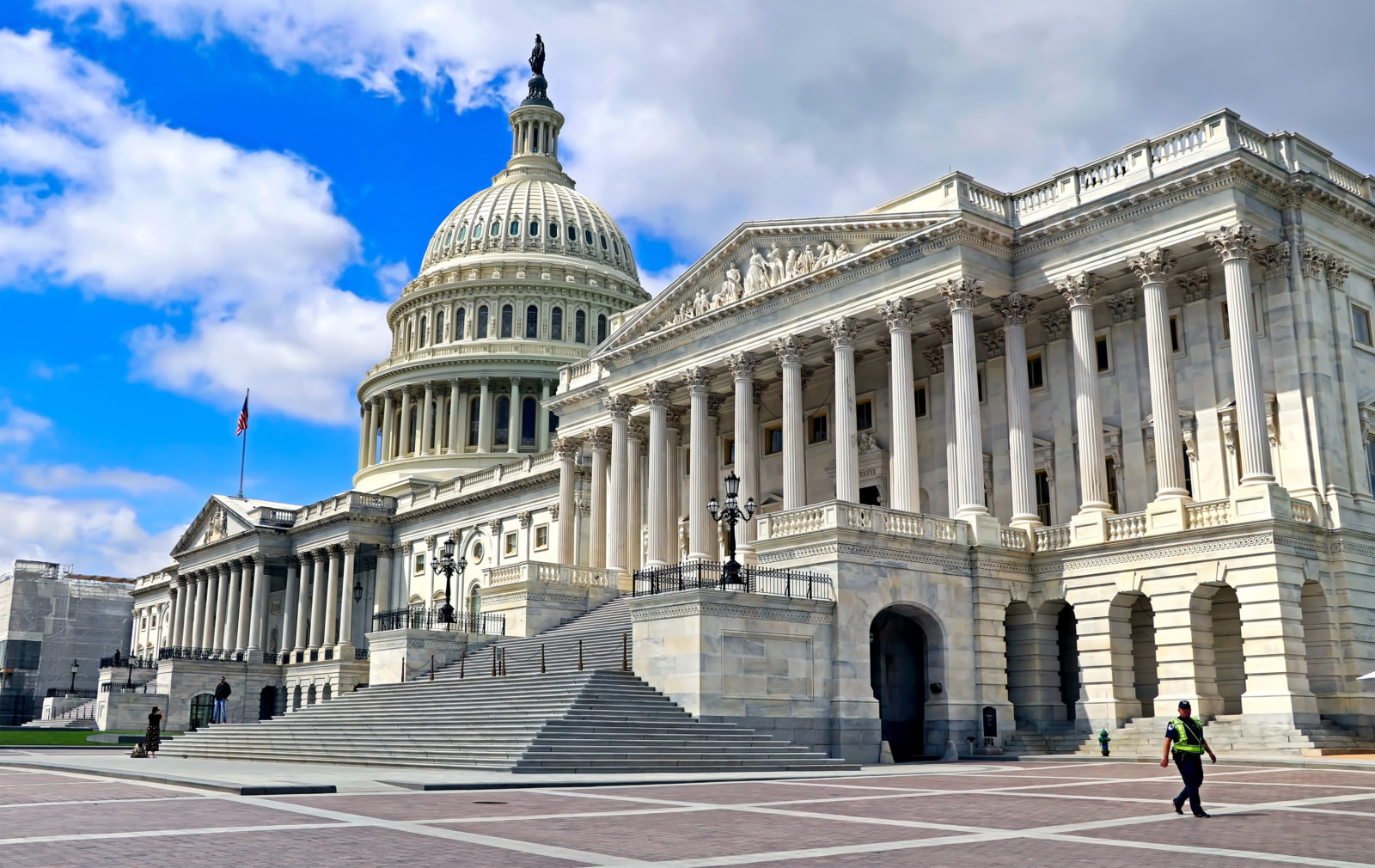How the 118th U.S. Congress Could Deliver Lasting Results
Originally published at TownhallNow that Kevin McCarthy has won the battle for speaker for the 118th Congress, the business of governing must commence with vigor and dispatch.
We know it’s necessary to have broad Congressional hearings for discovery of causes of our dysfunction and corruption in our federal government. But Americans are understandably cynical about government hearings, because in the past such hearings have almost always been followed by inaction.
So, it may be even more important to draft legislative bills that address the largest and most visible problems facing our country. That way, if and when voters see how bills with broad public support go down in the Senate or get vetoed by the President, they will know where the political problems lie. Ideally, what should happen is that good problem-solving bills will not only be originated and approved by the House, but those bills will be so aligned with national interests and solving the concerns of the people that the Senate will have to get behind them. And if the bills are well-crafted and positioned, Congress could fulfill its Constitutional obligation of redirecting the country by overriding the anticipated presidential vetoes.
The founders fully intended that Constitutional checks and balances work in such a way that a wayward executive branch or corrupt president, could be fully checked and overridden if necessary.
However, it is an extremely high hurdle to override an executive veto because it requires a two-thirds majority. Still, the spirit and letter of the Constitution is to conduct such efforts, particularly on bills that deal with national security, government corruption, and the peoples’ unalienable God-given rights—three categories about which Congressional hearings should also be simultaneously focused. Such bills could focus on:
- Providing penalties to elected officials when they fail to uphold their oath of office.
- Providing a requirement than any foreign aid to assist specific problems in other nations be subject to the simple test that such funds cannot be released until that need or problem is first adequately addressed at home in the U.S. (i.e., no funds for border security in Ukraine or any other country so long as the U.S. southern border is out of control).
- Providing for defunding the Justice Department and the FBI whenever its actions become so political that they result in an unequal two-tiered practice of justice and law enforcement, coupled with redirecting those law enforcement funds to local, municipal, and state law enforcement agencies, including state National Guard forces.
- Providing for the defunding of the Department of Homeland Security upon failure in its obligation to provide secure borders, coupled with redirecting those funds to border states’ National Guard forces and other state-controlled border protection projects and assets.
- A bill declaring that foreign criminal cartels targeting Americans as participants or consumers, be declared terrorist organizations and subject to U.S. military targeting.
- A bill that prohibits any further drawdown of the Strategic Petroleum Reserve and prohibits the importing of oil at prices above what can be contractually supplied domestically through free market initiatives.
- A bill that provides for penalties when Americans’ First Amendment rights are violated by any federal agencies, including, but not limited to the FBI, DOJ, DHS, CDC, NIH, DOD, and CIA, who have engaged in covert communication operations against American citizens that include but are not limited to psychological operations and media manipulation.
- A bill that respects states’ rights but sets uniform rules on national elections in select areas, such as prohibiting mail in ballots, except in specified and limited circumstances, and prohibiting the practice of ballot harvesting.
- A bill that establishes clear and ultimate parental authority in their children’s’ lives, giving parents the rights to demand and receive full disclosure of school curriculum and programs that affect the thinking, attitudes, and values of their children.
- A bill that prohibits sex change operations, mutilation, or sex change procedures to any minor under the age of 18.
As we begin the new year of 2023 with the Republican Party in control of the House of Representatives, Congress must do two things: First, propose bills that solve big problems and have overwhelming support of most Americans. Second, investigate government corruption, malfeasance, and violations of American citizens’ Constitutional rights.
The protracted debate and concessions made to the twenty-odd leaders of the 40-member Freedom Caucus that were necessary for Kevin McCarthy to obtain the votes to become speaker of the House is the first sign of correction in many years to the broken system and protocols that have been in place for far too long. We will soon be able to see if there is real substance — manifest in prosecutions, legal penalties, and impeachments — and not just form. The mandate of 118th Congress is not only to take the right actions, but to deliver results for the American people.
